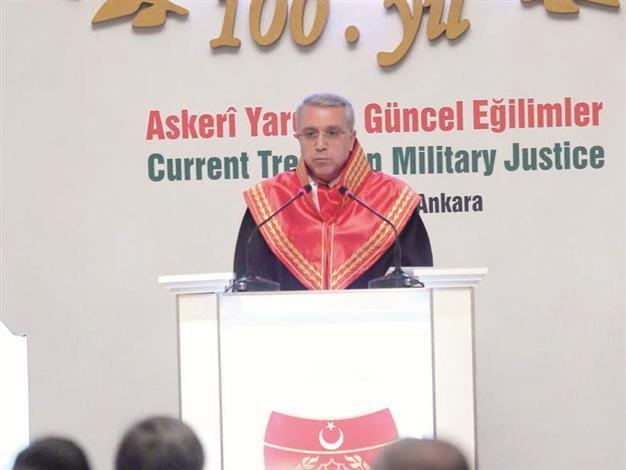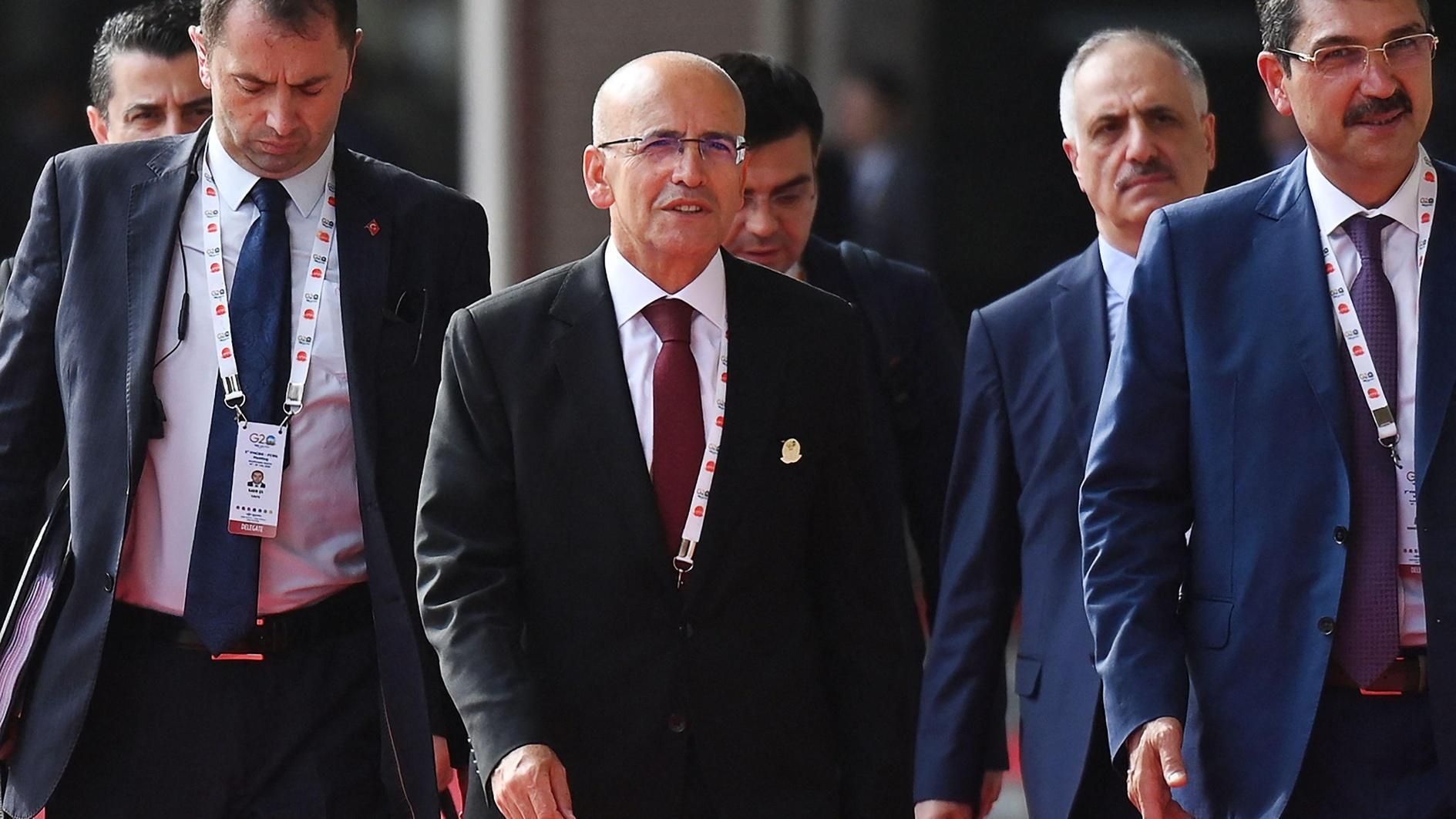Chief military judge against combining military and civilian courts
ANKARA

Zeki Liman was speaks at the opening of the two-day long 'International Military Judiciary Symposium.' DHA photo
The chief of Turkey’s Military Supreme Court of Appeals has voiced clear objection to prospects of uniting the civilian judiciary with the military.In his argument, he drew attention to potential negative impacts of such an arrangement regarding both the internal discipline of the Turkish Armed Forces (TSK) and to the country’s security.
“I believe saying, ‘The military judicial service will become more independent, more qualified, fairer and more effective in regards to meeting needs than they are today, if the military judiciary and the Military Supreme Court of Appeals, which are experts and have a reasonable workload, are combined with the civilian judiciary, which is operating with a workload that has become difficult to overcome,’ would be extreme optimism,” Judge, Rear Admiral Ahmet Zeki Liman, President of the Military Supreme Court of Appeals, said on April 7.
Liman was speaking at the opening of the two-day long “International Military Judiciary Symposium” held on the 100th anniversary of the foundation of the Military Supreme Court of Appeals with “Current Tendencies in Military Judiciary” theme.
“Speaking of removing the field of the military’s judiciary branch, which is a well-functioning legal branch, without having the legal environment for the unity of jurisdiction, is not right,” Liman said underlining that such a move’s potential disadvantageous results should be taken into consideration when planning constitutional amendments about the unity of jurisdiction.
“The defects which may erupt in running the military’s judicial service may also have a negative impact on the security of our country, which needs to have a strong military due to its geopolitical position, while they will have a negative impact on the discipline of the Turkish Armed Forces,” Liman said.
In its latest progress report, the European Union noted, “The civilian and military court systems continue to run parallel [of each other].”
The EU progress report released in autumn of 2013 said increasing civilian control over the military required the amendment of legal provisions on the composition and powers of the Supreme Military Council (YAŞ).
“Overall, progress was made in consolidating civilian oversight, in particular with the parliamentary investigation into past military coups and legislative amendments, confirming the profound shift in the balance of civil-military relations in favor of civilian authorities. However, further reforms are needed, particularly regarding the military justice system and civilian oversight of the Gendarmerie,” the report said, while also noting the Chief of General Staff of Turkey continued to report to the prime minister, rather than the Ministry of Defense.
















